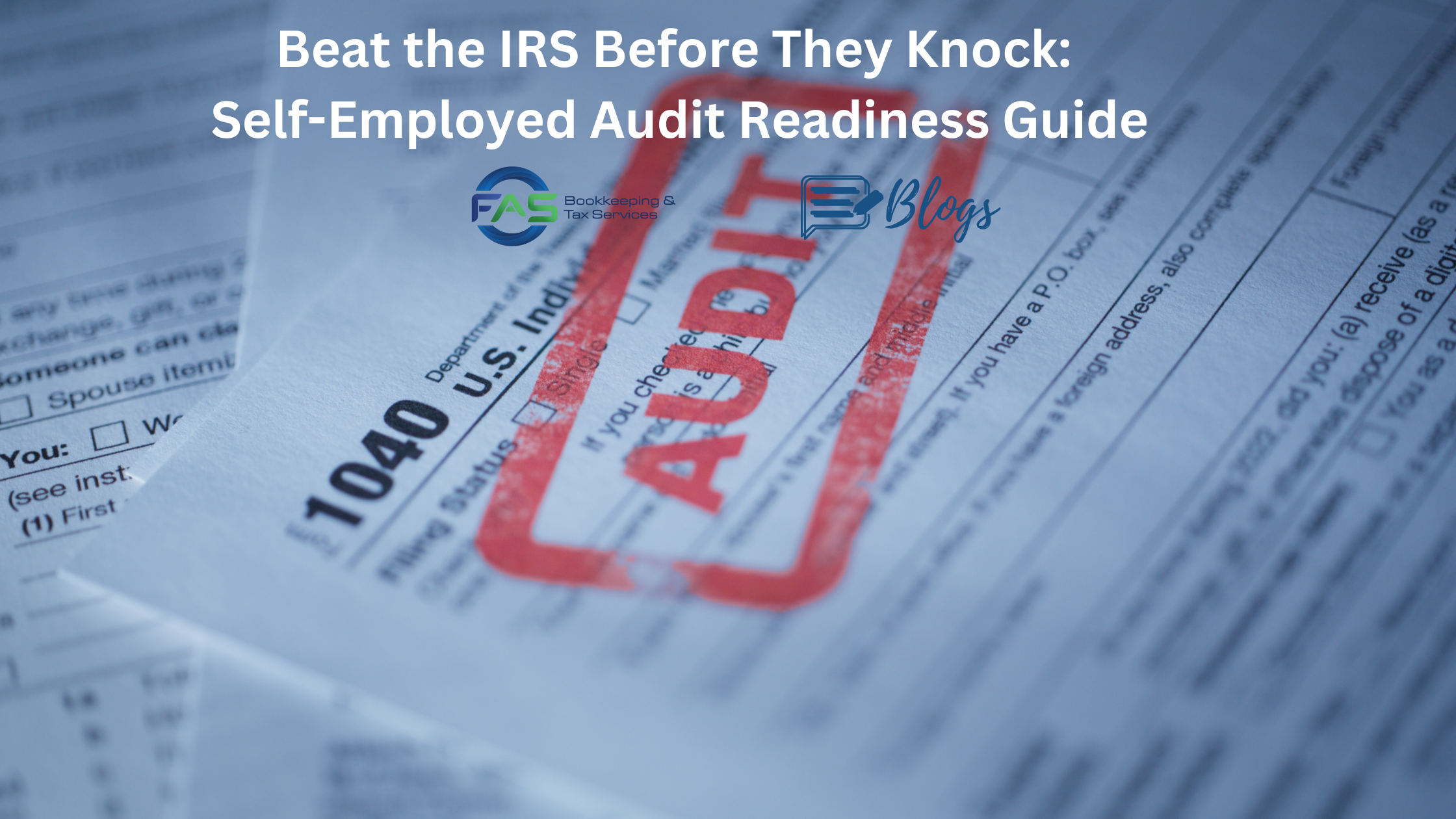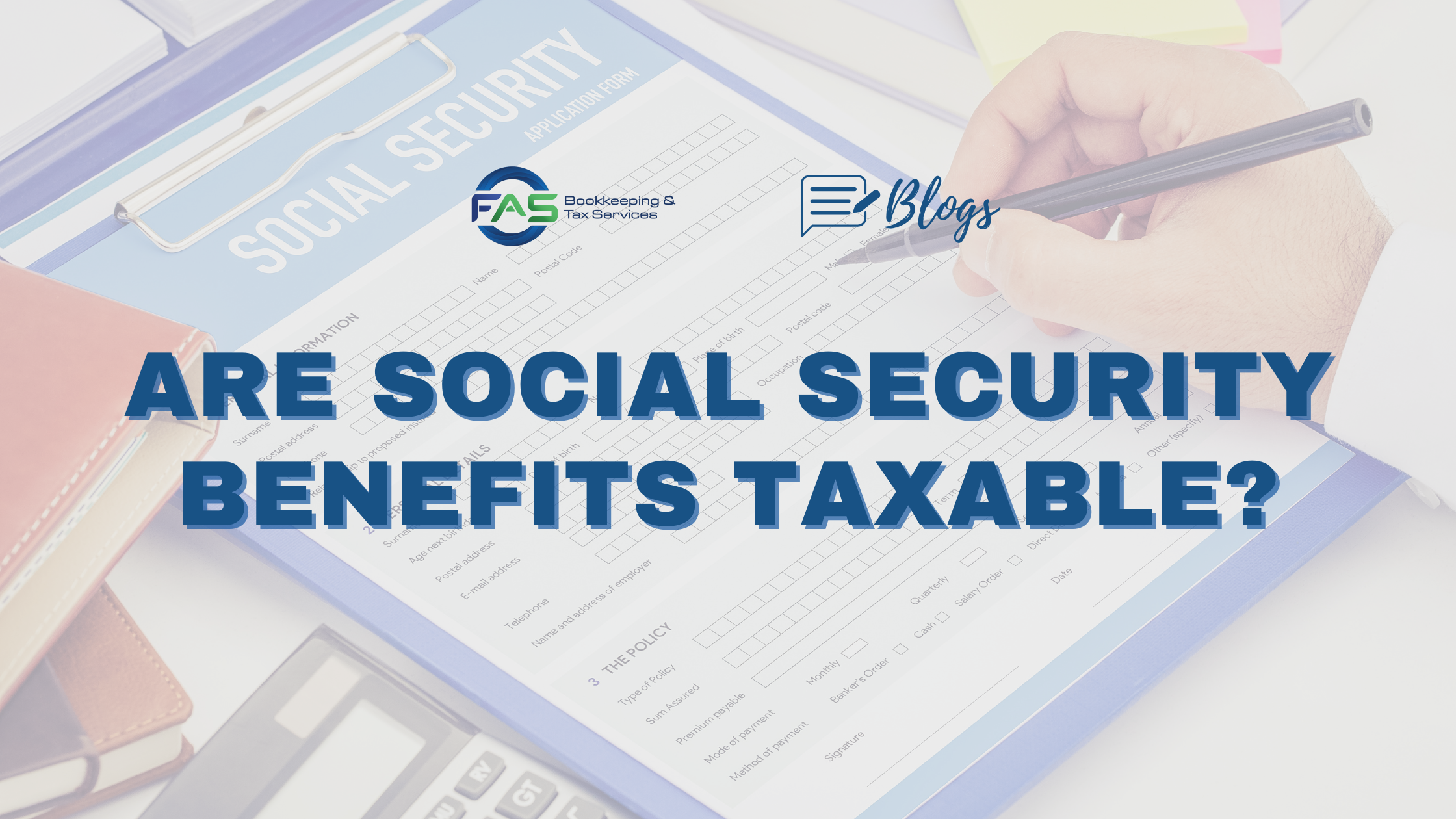Are Social Security Benefits Taxable?
Retirement and disability benefits administered by the Social Security Administration (SSA) are taxable. You pay federal income taxes on your benefits only if you have other substantial income in addition to your benefits. Your income and filing status affect whether you must pay taxes on your Social Security benefits. About 40 percent of Social Security beneficiaries pay federal income taxes.
The Social Security Administration will send you a Form SSA-1099, Social Security Benefit Statement, each year to show the amount of benefits you received. Include this statement with your federal income tax return to find out if you must pay taxes on your benefits.
You can determine whether any of your benefits are taxable by adding one-half of the Social Security money (collected during the year) to your other income. Other income includes pensions, wages, self-employment, interest, dividends, capital gains, and any other taxable income that must be reported on your tax return. On the 1040 tax return, your combined income is the sum of adjusted gross income plus nontaxable interest plus half of your Social Security benefits.
Filing an Individual Federal Tax Return
• If your combined income (adjusted gross income + nontaxable interest + 1/2 of your Social Security benefits) is between $25,000 and $34,000 for the year, you may be required to pay income tax on up to 50 percent of your benefits.
• If it is more than $34,000, up to 85 percent of your benefits may be taxable.
Filing a Joint Federal Tax Return
• If you and your spouse have a combined income that is between $32,000 and $44,000, you may have to pay income taxes on up to 50 percent of the amount of any Social Security benefits that you receive.
• Up to 85% of your benefits may be taxable if your combined income is more than $44,000.
Work Pension
If you receive a pension based on work for which you paid Social Security taxes, your pension will not reduce your Social Security benefit. If you are retired or disabled and receive a pension from employment not covered by Social Security, your Social Security benefits may be reduced.
Retiring abroad?
Generally, in other countries, you’re not taxed on income that you receive as retirement pay from the United States. As a U.S. citizen who is retiring abroad and receiving Social Security, for example, you may owe U.S. taxes on your income but may not be liable for tax in the country where you’re spending your retirement years.
Tax laws treat benefits from the Social Security program differently from most other forms of income. For some individuals, Social Security benefits may not be taxable, and you may not need to file a federal income tax return. However, if you receive income from other sources and are a citizen or resident alien of the United States, or are a citizen of another country but are covered under the U.S. social security system because you worked in the United States, then you may have to pay U.S. taxes on some of your benefits – the same as if you were still living in the U.S.
You may also be required to report income earned in the country where you retired and pay taxes on that income. Each country is different, so consult a local tax professional specializing in expatriate tax services.
Help is just an email away
If you receive Social Security and you’re not sure if it is taxable, an Enrolled Agent can help you determine if some or all of your benefits are taxable!





